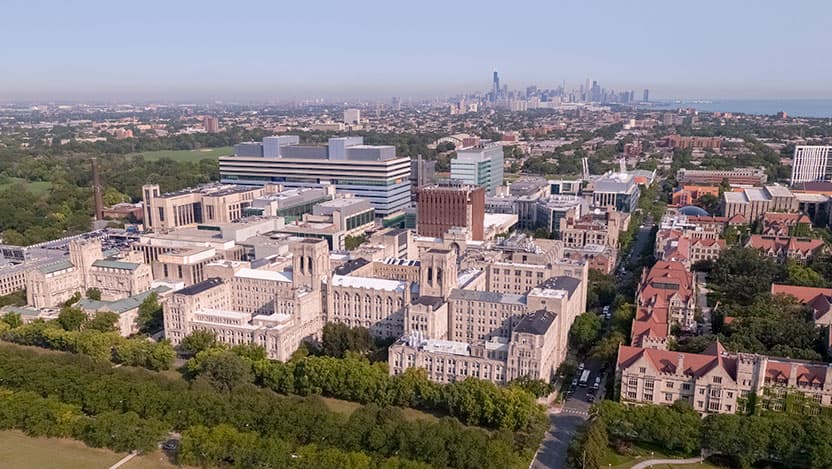NIH selects Chicago institutions for national Down syndrome health research initiative

The National Institutes of Health (NIH) has selected the Institute for Translational Medicine’s (ITM) sites at Advocate Health Care and the University of Chicago as part of a national team aiming to improve the health of individuals with Down syndrome, the most common genetic cause of intellectual disability in the U.S.
The NIH Investigation of Co-occurring Conditions Across the Lifespan to Understand Down Syndrome (INCLUDE) project is a trans-NIH effort funding research for critical health and quality-of-life needs for individuals with Down syndrome, while also investigating risk and resilience factors for common diseases that they share with those who do not have Down syndrome – such as Alzheimer’s disease, dementia, autism, congenital heart disease and diabetes.
The Institute for Translational Medicine (ITM), an NIH-funded health research accelerator network in Chicago, is one of 25 institutions that received an NIH award through the INCLUDE project.
“Advocate Medical Group Adult Down Syndrome Center, on the campus of Advocate Lutheran General Hospital, is one of the largest adult Down syndrome centers in the U.S., and combining its clinical strengths with the big data expertise at the University of Chicago set the stage for a perfect collaboration,” said Julian Solway, MD, Director of the ITM and UChicago’s Walter L. Palmer Distinguished Service Professor of Medicine and Pediatrics.
The ITM will use its $500,000 award—divided between Advocate Health Care and the University of Chicago—to harness the power of big data analytics to identify suspected co-occurring conditions among individuals with Down syndrome. The goal is to use that knowledge to identify new treatments and tailored ways to help people with and without Down syndrome based on the types of conditions that they have.
“Because Down syndrome is caused by the presence of an extra chromosome 21, there should be significant differences in the biology of these patients that are not seen in the general population,” said The Institute for Translational Medicine is a partnership between the University of Chicago and several Chicago-area academic and health care institutions that helps researchers, the public, government, industry, and nonprofits work together to improve the health of all Chicagoland.
Institute for Translational Medicine
